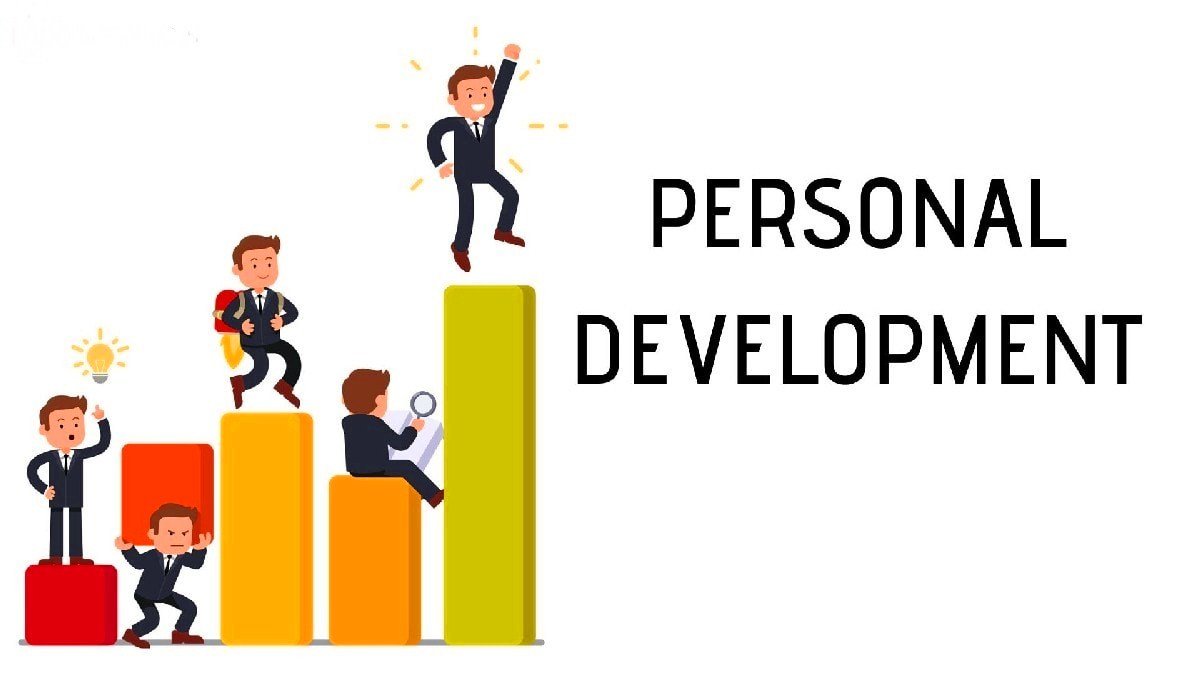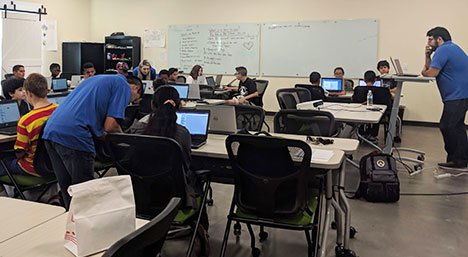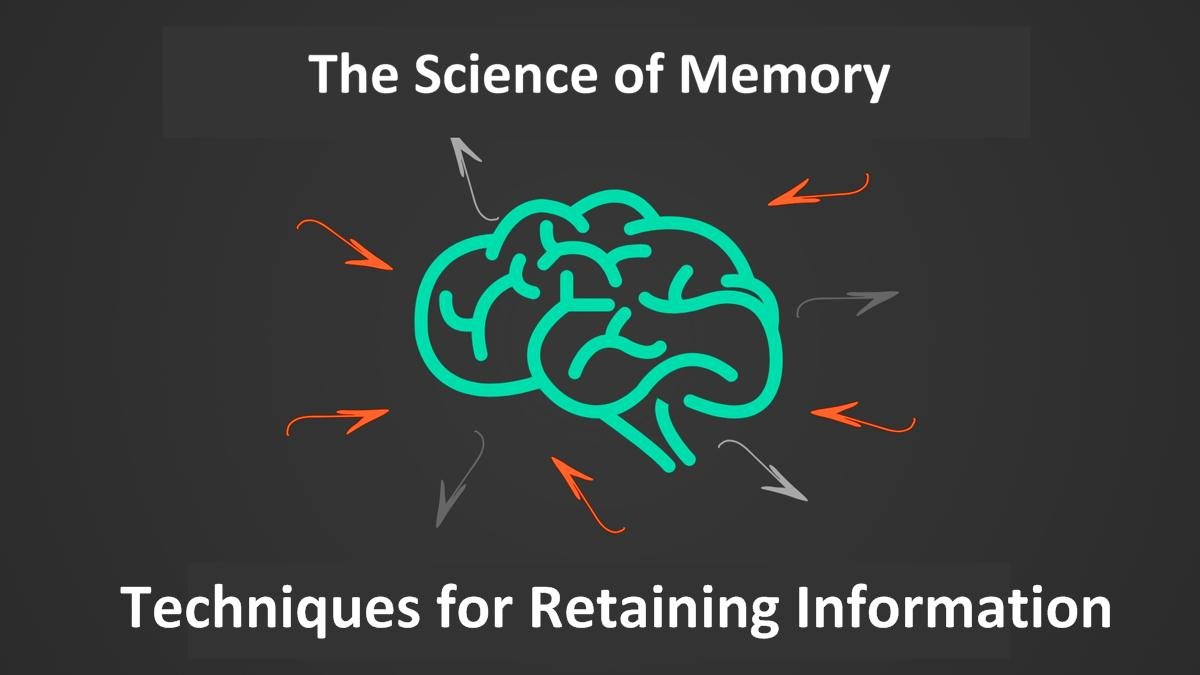Mobile Learning: The Best Apps to Boost Your Education
Mobile learning has revolutionized education, making knowledge more accessible than ever before. The convenience of smartphones and tablets

Mobile learning has revolutionized education, making knowledge more accessible than ever before. The convenience of smartphones and tablets has transformed the way students, professionals, and lifelong learners gain new skills and expand their knowledge. With m-learning , education is no longer confined to classrooms or traditional study environments. Instead, learners can access high-quality content, interactive lessons, and engaging educational resources anytime and anywhere. This flexibility is particularly valuable in today’s fast-paced world, where people juggle multiple responsibilities and need learning solutions that fit into their daily routines.
The best m-learning apps cater to various needs, from language learning and professional development to academic subjects and creative skills. These apps provide personalized learning experiences, allowing users to progress at their own pace while receiving instant feedback and performance tracking. Whether you are a student preparing for exams, a professional seeking career advancement, or a curious learner exploring new interests, m-learning apps offer a wealth of opportunities to enhance your education. In this article, we will explore some of the best m-learning apps available today, highlighting their unique features and benefits.
The Rise of Mobile Learning
The concept of m-learning , or m-learning, has gained popularity due to the widespread use of smartphones and high-speed internet. Traditional education methods often require scheduled classes, printed textbooks, and in-person instruction, which may not always be feasible for everyone. Mobile learning removes these barriers by providing digital content that can be accessed on demand.
With the rise of artificial intelligence (AI) and adaptive learning technologies, mobile education apps have become smarter and more personalized. Many apps now use AI to assess a user’s strengths and weaknesses, providing tailored lessons that optimize learning outcomes. The integration of multimedia, such as videos, quizzes, and gamification elements, makes learning more interactive and engaging. Additionally, m-learning fosters self-discipline and independence, allowing learners to set their own goals and monitor their progress.
Top Mobile Learning Apps for Education
Duolingo – Master a New Language with Ease
Duolingo is one of the most popular language-learning apps, offering courses in over 40 languages. The app uses gamification to keep learners motivated, incorporating daily streaks, rewards, and interactive exercises. Lessons are designed to be short and engaging, making it easy for users to practice even with a busy schedule.
Duolingo’s AI-driven approach adapts to individual learning speeds, providing personalized challenges that reinforce vocabulary, grammar, and pronunciation. The app’s speech recognition feature helps users improve their speaking skills, while listening and reading exercises enhance comprehension. Whether you are a beginner or looking to refine your language skills, Duolingo provides an effective and fun learning experience.
Coursera – Access University-Level Courses
Coursera offers thousands of online courses taught by professors from top universities such as Stanford, Yale, and Harvard. The app provides a structured learning experience with video lectures, reading materials, quizzes, and assignments. Many courses come with certification options, which can be valuable for career advancement.
One of Coursera’s key advantages is its affordability. While traditional university courses can be expensive, Coursera offers free courses as well as affordable certificate programs. Users can learn subjects ranging from business and technology to arts and humanities, making it a versatile educational platform.
Khan Academy – Learn Anything for Free
Khan Academy is a non-profit educational platform that offers free courses in mathematics, science, economics, and more. The app provides instructional videos, practice exercises, and personalized learning dashboards to help students track their progress.
The content is designed to support learners of all ages, from elementary school students to college-level learners. Khan Academy’s interactive approach makes complex topics more understandable, providing step-by-step explanations and real-world applications. Teachers and parents can also use the platform to supplement classroom instruction and monitor student performance.
Udemy – Learn New Skills from Industry Experts
Udemy is a popular online learning platform that offers a vast selection of courses on various topics, including business, technology, marketing, and personal development. Unlike traditional education platforms, Udemy allows professionals and experts to create and sell their own courses, leading to a diverse range of learning materials.
Courses on Udemy often include video lectures, reading materials, and practical exercises. Users can learn at their own pace, revisiting lessons whenever needed. Many courses are available at discounted prices, making it an affordable option for learners seeking specialized skills.
LinkedIn Learning – Professional Development at Your Fingertips
LinkedIn Learning is an excellent resource for professionals looking to enhance their career skills. The app offers courses on business strategy, leadership, data analysis, graphic design, and more. Since LinkedIn is a professional networking platform, users can display their completed courses on their profiles, increasing their credibility in the job market.
Courses are taught by industry experts and often include real-world case studies, making them practical and applicable. The platform also provides personalized recommendations based on a user’s career goals and interests.
The Benefits of Mobile Learning Apps
Flexibility and Convenience
One of the biggest advantages of m-learning apps is flexibility. Unlike traditional classroom settings, mobile learning allows users to study at their own pace and schedule. Whether you have 10 minutes during a commute or an hour before bed, you can fit learning into your daily routine.
Personalized Learning Experience
Many mobile apps use AI algorithms to assess a user’s progress and adapt the learning content accordingly. This personalized approach ensures that learners focus on areas where they need improvement while skipping topics they have already mastered.
Cost-Effective Education
Education can be expensive, but m-learning apps offer high-quality content at a fraction of the cost of traditional courses. Many apps provide free courses, while premium options are significantly cheaper than university programs.
Engaging and Interactive Content
Traditional learning methods can sometimes be monotonous, leading to disengagement. Mobile learning apps incorporate interactive elements such as quizzes, videos, and gamification to keep learners motivated. These features make education more enjoyable and effective.
Access to Global Knowledge
Mobile learning apps connect users to instructors and experts from around the world. This exposure to different perspectives and teaching styles enriches the learning experience and provides a broader understanding of subjects.
Challenges of Mobile Learning
Despite its advantages, m-learning has some limitations. One challenge is the lack of direct interaction with instructors and peers, which can make it difficult for learners to ask questions and receive immediate feedback. Some users may also struggle with self-discipline, as m-learning requires self-motivation and time management skills.
Technical issues, such as internet connectivity and device limitations, can also hinder the learning experience. Additionally, the abundance of information available on mobile platforms can sometimes be overwhelming, making it important for learners to choose high-quality and reputable courses.
Read More: How to Overcome Procrastination and Boost Your Study Productivity
Conclusion
Mobile learning has transformed education, providing accessible and flexible learning opportunities for people of all backgrounds. Whether you are learning a new language, acquiring professional skills, or preparing for exams, mobile apps offer a convenient way to expand your knowledge. By using the best educational apps available, learners can develop new skills, enhance their careers, and stay ahead in an increasingly digital world.
As technology continues to evolve, m-learning will only become more advanced, offering even more personalized and interactive experiences. While traditional education remains valuable, m-learning complements it by making knowledge more accessible to everyone. By choosing the right learning apps and staying committed to continuous education, anyone can boost their knowledge and achieve their personal and professional goals.
FAQs
1. What are the best m-learning apps for students?
Some of the best m-learning apps for students include Khan Academy, Coursera, Udemy, Duolingo, and LinkedIn Learning. These apps offer diverse subjects, interactive lessons, and personalized learning experiences.
2. Are mobile learning apps free?
Many m-learning apps offer free courses, but some have premium features or certification options that require payment. Apps like Khan Academy and Duolingo provide completely free learning experiences, while platforms like Coursera and Udemy offer paid courses.
3. How can m-learning help in career development?
Mobile learning provides access to skill-building courses, professional certifications, and industry insights. Platforms like LinkedIn Learning and Coursera offer career-focused courses that enhance resumes and improve job prospects.
4. Can m-learning replace traditional education?
Mobile learning is a great supplement to traditional education but may not fully replace it. While it offers flexibility and accessibility, in-person interactions and structured classroom settings still provide valuable learning experiences.
5. How do I choose the right m-learning app?
Choosing the right m-learning app depends on your educational goals, preferred learning style, and budget. Look for apps with high ratings, engaging content, and courses relevant to your interests or career aspirations.







